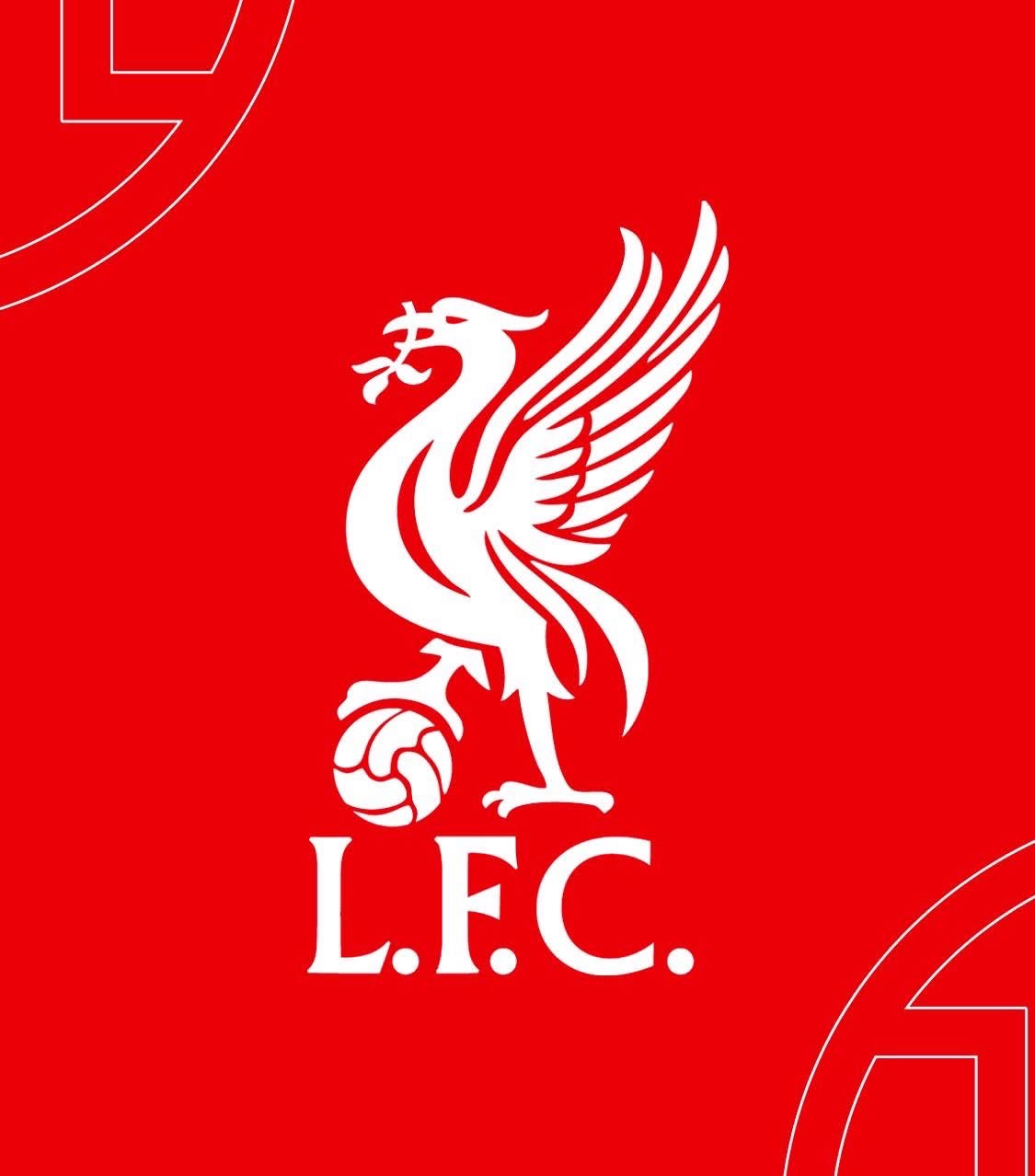When you think of Manchester United, you think of tradition, passion, and the weight of history. But right now, under Rúben Amorim, there’s something else in the air—tension. The Portuguese coach, brought in to steady the ship and bring back order after years of inconsistency, has managed to ruffle feathers in a way few expected.
And at the center of it all? Kobbie Mainoo.
The young midfielder, hailed as the jewel of United’s academy and the future of the club, has reportedly found himself at odds with Amorim’s methods. To make matters even more intriguing, two of Mainoo’s United teammates have publicly (and perhaps indirectly) voiced frustration about how he’s being treated.
The fallout has left fans asking: Has Amorim gone too far? Or is this simply part of his no-nonsense approach that United desperately need?
The Spark: A Comment That Lit the Fire
It started with whispers from inside the camp. Players weren’t happy. Amorim’s tough-love style, while praised in some quarters, was starting to clash with personalities inside the dressing room. Then came the subtle jabs on social media—comments that seemed harmless on the surface but carried a clear message.
“Didn’t expect to see this.”
“First Cole Palmer, now these two.”
“Amorim has clearly annoyed everyone.”
Three short remarks, but enough to send shockwaves through the fanbase. United players, who normally keep grievances private, were hinting that Amorim’s handling of Mainoo was becoming a problem. And when teammates start to rally—whether subtly or directly—it usually means the issue runs deeper than anyone on the outside truly knows.
Mainoo: United’s Crown Jewel
Let’s be clear: Kobbie Mainoo isn’t just any player. He represents the future. Since breaking through last season, he has quickly established himself as one of the brightest midfield prospects in Europe. Calm on the ball, fearless under pressure, and already showing maturity beyond his years, Mainoo is someone United cannot afford to mishandle.
Fans see him as a symbol of hope in a club that has been searching for identity ever since Sir Alex Ferguson retired. Selling him, sidelining him, or frustrating him to the point of disillusion would be nothing short of a disaster.
So when Amorim’s decisions appear to undermine Mainoo’s progress, naturally, tensions rise—not just among supporters but also within the dressing room.
The Palmer Factor: Fuel to the Fire
Interestingly, the Cole Palmer situation is part of why Amorim’s approach is drawing heat. Palmer, once overlooked at Manchester City, has blossomed at Chelsea after being trusted and empowered. He’s now seen as one of the most exciting English talents of his generation.
And that’s the comparison some United players are making: If Palmer can thrive when given freedom, why isn’t Mainoo receiving the same trust here at United?
The subtle references to Palmer in those cryptic comments weren’t random—they were deliberate. It was a way of pointing out that United may risk stifling their own wonderkid by keeping him shackled or mishandled under Amorim’s rigid setup.
Amorim’s Style: Discipline or Disruption?
To give Amorim credit, he has never hidden his managerial philosophy. He is a coach who demands discipline, structure, and accountability. At Sporting CP, this method worked wonders. He took a young, unproven squad and transformed them into Portuguese champions, instilling a ruthless mentality along the way.
But Old Trafford is not Lisbon. The spotlight is harsher, the expectations greater, and the personalities more diverse. What works in one environment may not automatically translate to another.
Amorim’s decision-making—whether it’s his treatment of Mainoo, his approach to Garnacho before the Chelsea move, or his no-compromise stance with senior players—suggests he’s determined to impose authority. But is he building a winning culture, or pushing players away?
Dressing Room Dynamics: Why the Reactions Matter
Players rarely speak out against managers, at least not publicly. When teammates leave cryptic messages, it shows more than frustration—it shows solidarity.
Mainoo’s peers clearly feel he is being mistreated. And when young players start receiving that kind of backing, it becomes more than just an internal issue. It risks dividing the squad into factions: those who support the manager’s strict methods and those who see him as heavy-handed.
Once that division sets in, repairing trust is far harder than winning matches on the pitch.
The Bigger Question: Can Amorim Afford to Alienate Mainoo?
The cold reality for Amorim is this: he can survive fallout with certain players, but not with Mainoo.
Mainoo isn’t just another midfielder; he’s a cornerstone of the future United project. He’s marketable, adored by fans, and symbolic of what the club wants to rebuild—a reliance on youth, passion, and identity.
If Amorim alienates him, the backlash won’t just come from inside the squad; it will come from the fans, the media, and possibly even the club’s hierarchy. And once the crowd turns, the countdown clock on a manager’s tenure starts ticking.
What Happens Next?
So, what’s the outcome here? There are three possible scenarios:
- Amorim softens his stance – Recognising Mainoo’s importance, he may give the youngster more freedom and trust, trying to mend bridges with both the player and his teammates.
- The conflict escalates – If Amorim doubles down on his methods, Mainoo’s frustration could grow, prompting more unrest in the locker room and possibly sparking transfer rumours.
- A delicate compromise – The most likely scenario: Amorim and Mainoo find middle ground. The manager gets his structure, but Mainoo gets the minutes, responsibility, and faith he deserves.
Final Thoughts: Who Holds the Power?
For now, Amorim is the manager, and his word is law. But football is unforgiving. At Manchester United, the players often outlast the managers. If push comes to shove, the club won’t sacrifice its brightest star for the sake of managerial pride.
The cryptic comments from United players make one thing very clear: Amorim’s handling of Kobbie Mainoo has struck a nerve. The comparisons to Cole Palmer, the visible frustration in the dressing room, and the growing murmur among fans point to a storm brewing behind the scenes.





